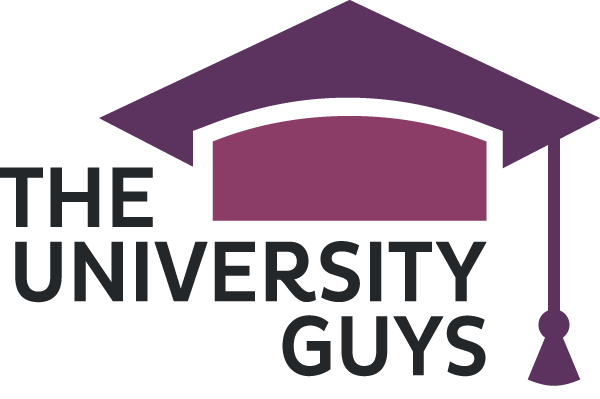Since the rise of league tables of universities, each year seems to bring a new batch: the most beautiful campus, healthiest food, best impact on society – the list seems endless.
However, the general rankings still dominate: globally, in the US and in the UK.
In response to this, the UK’s Higher Education Policy Institute recently published a blog article, exploring this trend and asking if a ‘one-size-fits-all’ approach to university rankings was really appropriate.
https://www.hepi.ac.uk/2019/08/19/its-the-autonomy-stupid-augar-admissions-and-market-signalling/
In any ranking system (like when you choose a university), you need to come up with the criteria that are important to you, and in the case of most UK rankings the criteria seem to have been created to find the universities that reflect those universities which wider culture recognises as being the best: Oxford, Cambridge and a few others. The article makes this point particularly well:
The notion of a league table implies a homogenous set of institutions all doing the same thing, with the one in 99th position seen as the 99th worst at ‘being like Oxbridge’.
Given that universities don’t all serve the same purpose, it seems right then that we look more widely at what university rankings do to such a multifaceted and diverse set of institutions:
the market for automobiles doesn’t pretend that a small hybrid car for use in a city is better or worse than a 3-litre luxury saloon with the turning circle of a small Oxfordshire village: it’s just different. Markets have to differentiate horizontally as well as vertically; league tables are entirely the wrong metaphor.
This is an important point: what makes Imperial a great university for science doesn’t also make Harper Adams a great university for agriculture, or Abertay a great university for games design. If one university’s purpose is to train students to succeed in a global economy, it’s also important to have a university committed to helping people in a local community gain the skills they need for that local economy.
The analogy used here of ‘best in class’ for cars as opposed to trying to compare a Ferrari sportscar to a Renault people carrier is good, and it reinforces the point that I often make to my students and families: it’s not about if a university is good, but if it’s good for you.









